Inside the Women’s Pregnancy Center in SW Houston
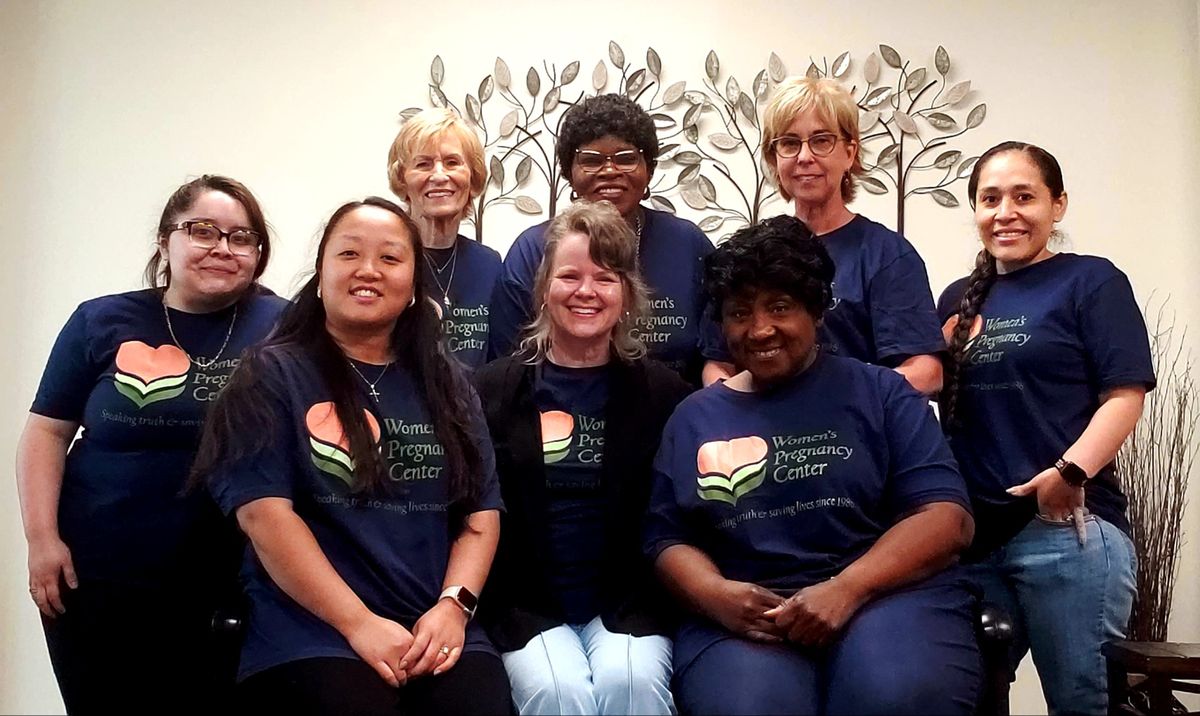
In 2008, Uzoma Nwokeafor realized she was pregnant. She was studying to become a marriage and family therapist and was unable to work. But she already knew she and her husband wanted their baby. Looking for resources, she went to the Women’s Pregnancy Center on 10103 Fondren Rd., just south of Sharpstown.
“I looked online for pregnancy centers in my area, and it was close to my church,” Uzoma recalled. “I needed help financially, but the main reason I chose to go to the pregnancy center in Sharpstown was for the motherhood classes they offered. I was looking for parenting support, and it was important that I shared a biblical worldview with the leaders of the class.”
During her pregnancy, Uzoma scheduled several ultrasounds and attended motherhood classes for free. She also received “bucks” for attending, which could be exchanged for free items like baby clothes and a stroller.
Uzoma is one of hundreds of clients who have visited the WPC. Some are in crisis situations. Others, like Uzoma, are pursuing careers. Some already know they’re pregnant; others are just having a “pregnancy scare.” Some want to keep their babies; others have already had abortions. The WPC serves them all.
The Tour Begins: Executive Director Stefanie Derrick
It's June 28, 2023, and sunny outside the WPC. Executive director Stefanie Derrick, in a blue dress and circular earrings, opens the wooden door between the reception room and a hallway. The tour-takers sit in the reception room across from a pile of blue, red, and yellow Mega Bloks.
Derrick invites the tour-takers into the hallway. At the first doorway on the right, she shows off the “baby boutique,” where women like Uzoma can “buy” items with the points they earn from attending classes. Shelves and hangers are packed with maternity clothes, baby clothes, diapers, formula, and baby food.
According to the WPC’s stats, 77% of clients already want to carry their babies to term before visiting the center. But some are vulnerable to changing their minds, Derrick said later.
When Derrick joined the center in 2002, before becoming director, she was what the WPC now calls an “advocate.” She listened to clients’ stories and found ways to help. Her first client told her she had eight abortions because “the guy would never stay with me.” It was "extraordinarily traumatic to her when she first felt her baby kick," because she had been "under the impression it's not a baby."
The client decided to keep her child.
Derrick rounds a corner and enters an office. On one wall, there’s a calendar drawn with yellow and green dry erase markers. On the other, there are thirty-four different brochures for clients, with titles like “Sexual Assault and Rape Recovery.”
Derrick holds up a “mommy bag” or “reality bag.” They’re free for clients and bilingual, and include hand-painted onesies, diapers, and information about medical resources, like doctors that partner with the WPC.
Vivian Cox, Director of Advocates
Derrick walks down the hallway to an office with a flower-patterned sofa inside, next to the door. Behind the desk sits Vivian Cox (“Sister Bubbles”).
When an advocate volunteers to serve, Vivian walks them through twenty-eight hours of crisis pregnancy training from Light University, then observes their first client conversation.
Advocates meet with clients, listen to them, share the Gospel (if clients are comfortable with religious conversations), and administer free pregnancy tests (one of the big draws of the center). Then they connect the clients to resources at the WPC.
If the pregnancy tests are negative, the WPC offers free tests for gonorrhea and chlamydia.
But what happens if a client is really pregnant?
The Ultrasound Room
Derrick walks partway down a long hallway, then into one of the twenty brown doors that line it. Inside, she shows off the ultrasound room, which uses a machine donated by the Knights of Columbus.
Pregnant women who aren’t already under a doctor’s care can get free ultrasounds here between seven and seventeen weeks.
Sometimes, clients come in planning to abort, but change their minds after seeing their babies on the ultrasounds, says Derrick. She said one woman’s response was “The baby’s heartbeat just poured into my soul.”
Karen Vannaman, Ongoing Support
Outside the room, Derrick flags down Karen Vannaman, who carries a white coffee mug with blue insides. Vannaman has been involved with the center since 1986. Her church, Freedom Center (formerly Quail Valley Church), helped to start the WPC. She served a long stint as executive director until Derrick took over in 2012.
Vannaman heads up the Ongoing Support department, which includes post-abortion healing, premarital counseling, rape recovery, "coaching" in the basics of Christianity, and more.
After all, says Vannaman, when dealing with crisis pregnancies, "There's so much more going on in these girls' lives other than the pregnancy. The pregnancy is really just a symptom."
As Vannaman and Derrick trade old stories, they bring up the center's post-abortion recovery sessions for mothers who have emotional or spiritual wounds after getting abortions.
Vannaman says, "I saw such a difference in the women's countenance as we were going through the healing process for abortion. And so it became very clear to me that God's hand can heal those women with whatever is going on in their lives."
Derrick recalls seeing "ladies in their sixties and seventies" meeting for abortion recovery classes in the 2000s. After the class ended, they came back for the next one. She wondered why, since she thought their childbearing years had ended before Roe v. Wade. Then she learned that "they were the grandmas who had encouraged their daughters to have an abortion. So it affects generations."
A Quiet Day
Further down the hall, Derrick points out the center's classroom and three rooms for crisis counseling.
Normally, one or more of those rooms would be occupied. But it's a quiet day. Just one volunteer was coming to the center later, for two appointments.
The day before, Derrick said that the center had three volunteers, plus approximately ten appointments and eight people who came for a class. But the WPC's schedule depends heavily on volunteer availability, which is why Derrick said their biggest need was more volunteers: "We see as many people as we have people to see them."
Back to Uzoma
Uzoma Nwokeafor eventually graduated and now serves as a behavioral interventionist at Martinez Early Learning Center in Alief ISD. But she lost her baby girl, who was born prematurely.
Even then, the Center was a resource for Uzoma. Their counseling services helped her through her grief—and since then, she has referred other women there for counseling.*
“Knowing my Christian foundation, I needed to go to a Christian counselor who would at minimum use the Bible,” said Uzoma. “Especially for something so vital as life and death.”
But according to Derrick, the center isn't just for Christians: "We are welcoming of anybody who comes through our door."
The center is open by appointment Mondays-Thursdays, 10:00-3:00, and Saturdays, 9:00-12:00.
*The WPC is not staffed with licensed counselors. That’s one reason the center now calls its volunteers “advocates” instead of “counselors.” The WPC has never offered abortions or abortion referrals.
Authors
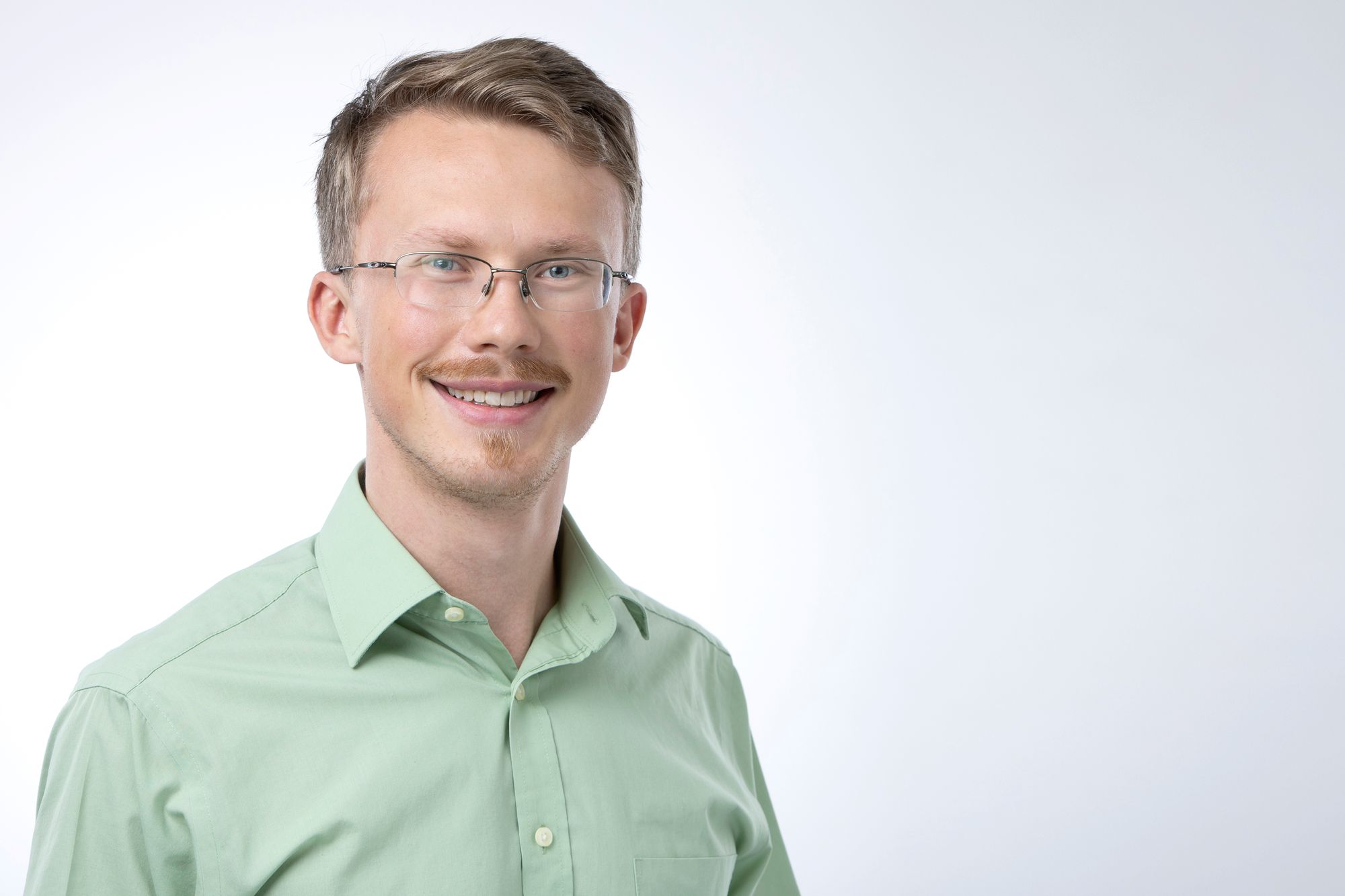

Assistant Investigators
Debbie Korsmo and Katlyn McGrath
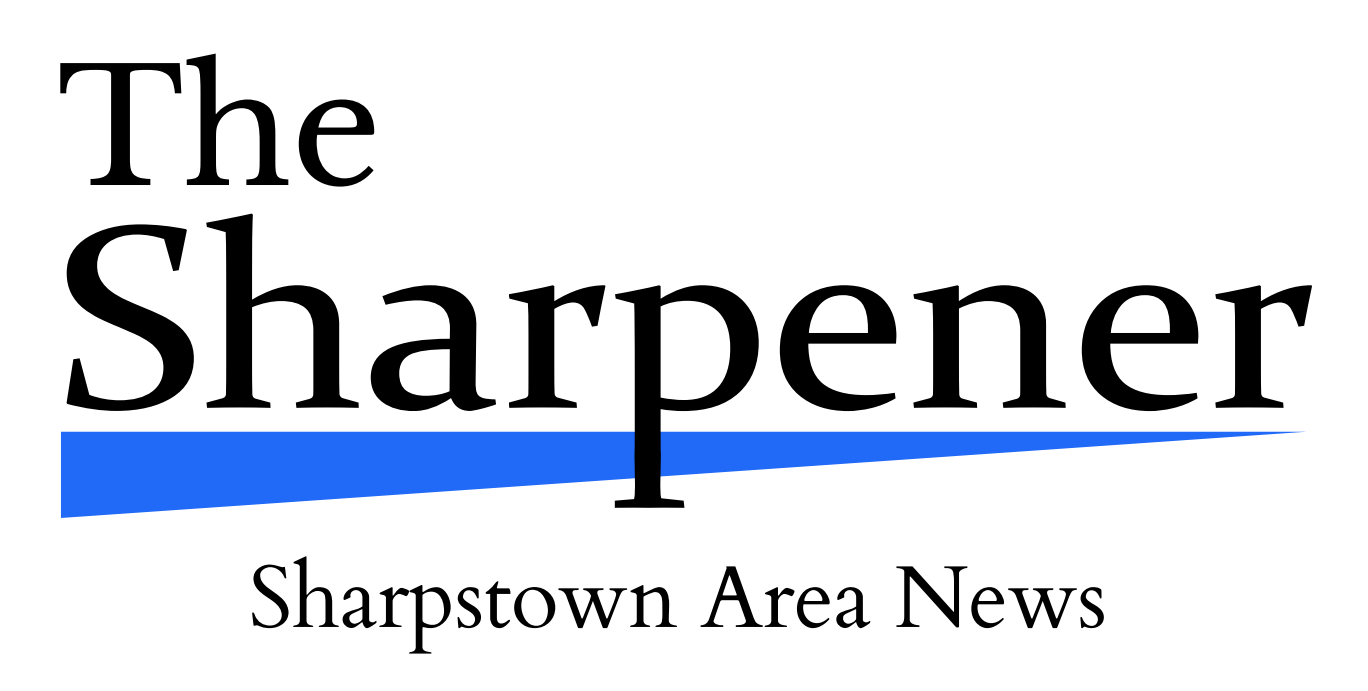
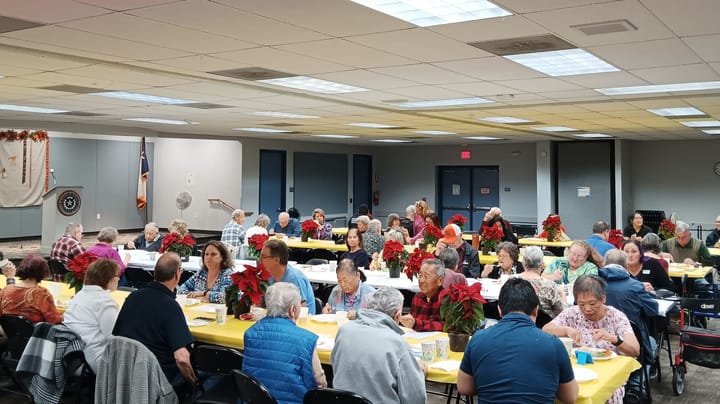
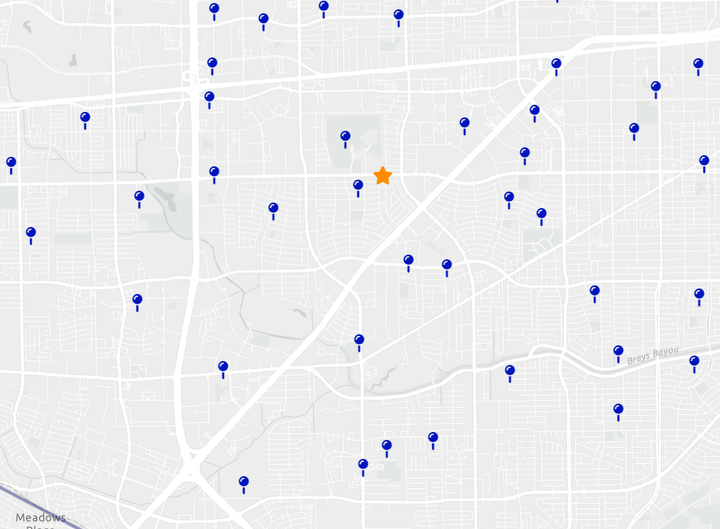
Comments ()